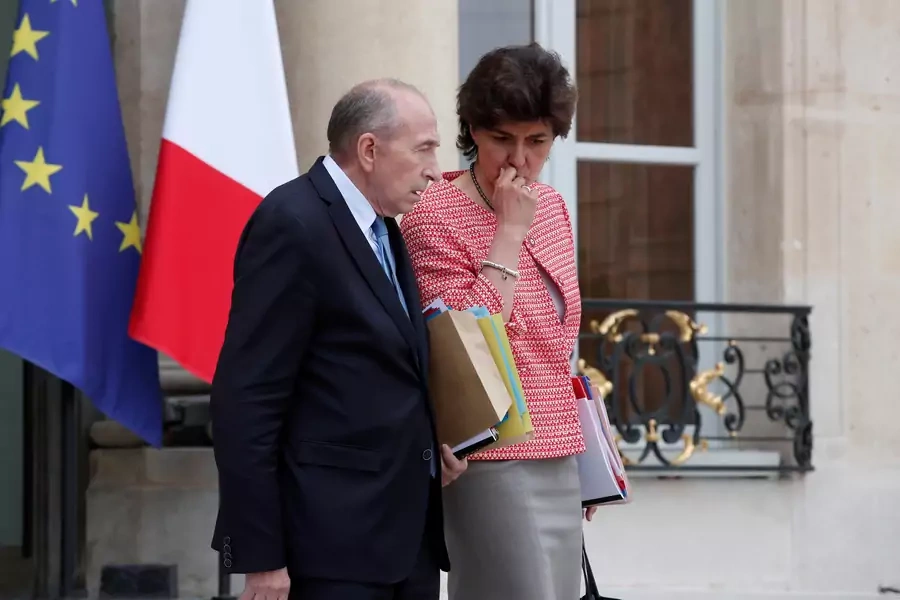Women Around the World: This Week

More on:
Trump Administration proposal slashes U.S. foreign assistance
Last Tuesday, the White House released a budget proposal that proposes cuts of nearly 30 percent to the base budget for the State Department and USAID, along with a 37 percent cut to the Overseas Contingency Operations fund used to finance disaster response and emergency needs in conflict zones around the world. Poverty-fighting programs—including those that provide food aid, combat malaria, and improve maternal and child health—could see dramatic cuts that would disproportionately affect women. And funding for accounts with an exclusive focus on gender equality and women’s empowerment would reportedly be cut by 61 percent by the administration's proposed budget. Global health and national security experts suggested that such severe cuts to U.S. foreign aid would undermine health systems and U.S. security interests, and both Republicans and Democrats in the House and the Senate have spoken out against the Administration budget proposal: Rep. Ed Royce (R-CA), chairman of the House Foreign Affairs Committee, expressed concern that "deep cuts to our diplomacy will hurt efforts to combat terrorism, distribute critical humanitarian aid, and promote opportunities for American workers."
EU nations appoint record number of female defense ministers
France’s newly-appointed Minister of the Armed Forces Sylvie Goulard will join a historic high number of female defense ministers—from Germany, the Netherlands, Italy, and Spain—in the European Union, which now has women serving in top defense posts in four of the bloc's five largest economies. Goulard will play a critical role navigating European politics at a time of great uncertainty over the implications of Britain' impending exit from the EU and doubts about global commitments to NATO. Experts suggest that with the UK leaving the EU, France and Germany will become Europe's defense heavyweights, with Goulard and German Minister of Defense Ursula von der Leyen at the helm of security policy. With Goulard's appointment, French President Emmanuel Macron fulfilled his campaign promise to appoint as many women as men to his government, including eleven female officials in his twenty-two-person cabinet. His predecessor, President Francois Hollande, also achieved gender parity in his 2012 cabinet but received criticism for assigning the most prominent roles to men.
India increases collection of gender data
Last week, India announced that a new National Policy for Women, which tasks government ministers with addressing the changing roles of Indian women in the twenty-first century. The new policy proposes strategies to combat workplace harassment and violence against single women, both of which have been on the rise as increasing numbers of women seek employment in the formal labor force and divorce. The policy also requires all ministries to collect sex-disaggregated data for policy evaluation and measurement, including with respect to national progress toward achieving the Sustainable Development Goals. According to Data2X, a partnership that provides technical support to improve the collection of information on women and girls, improving the collection of data on the lives of women and girls—including in the areas of health, education, economic opportunities, political participation, and security—will help improve government decision-making and investment.
More on:
 Online Store
Online Store